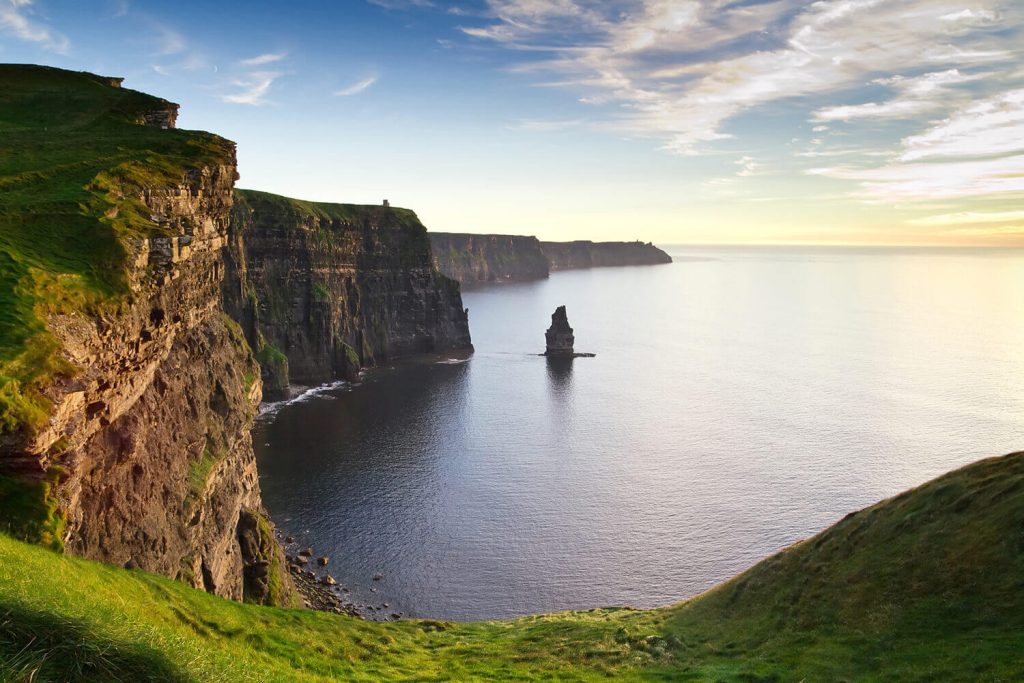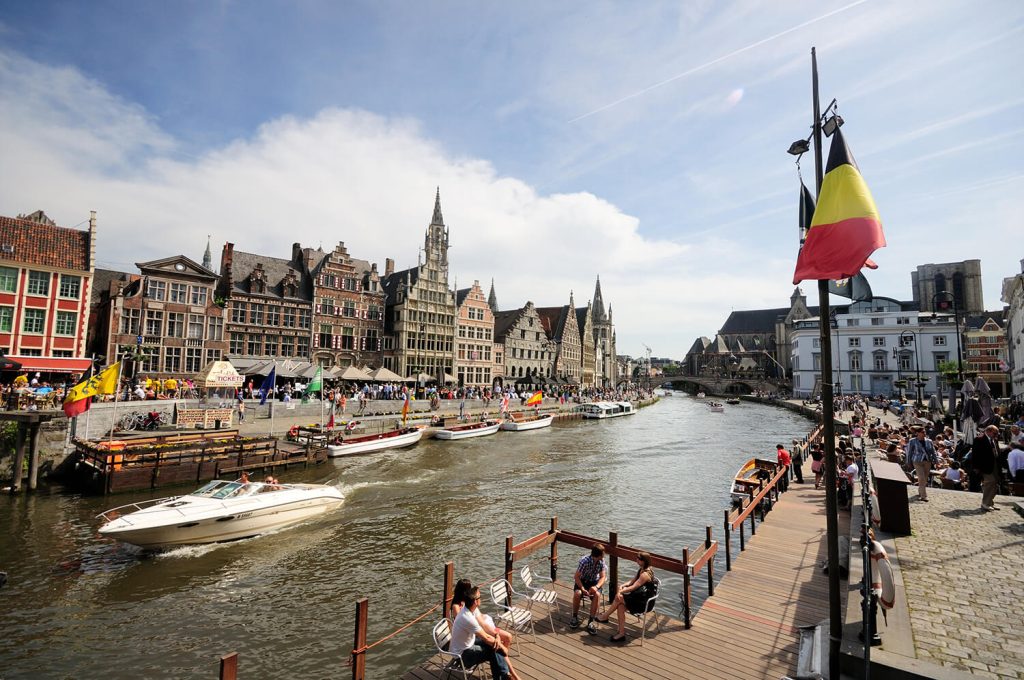General information about Scotland
With Wales, England, and Northern Ireland, Scotland is a constituent country of the United Kingdom. The UK itself is an archipelago centred around the island of Great Britain; Scotland, though accounting for only 5 million of its population of 70 million, has an outsized influence on the country’s culture and history. This goes for alcohol as much as in any other area of the UK’s culinary life. Scotland is, of course, famous for whisky. The isles of Islay and Mull, as well as the peat-rich Highlands, produce some of the finest whisky in the world, and quality ales are brewed in the cities. And while the meteorological climate does not suit wine, the cultural climate could not be more welcoming of alcohol, making Scotland a strong importer in proportion to its population.
Wine production in Scotland
The cold, wet, and bleak environment of Scotland does not lend itself to wine production. This has not stopped some small producers from attempting to produce wine, however. North of Edinburgh, across the estuary of the Firth of Forth and on the (relatively) warm peninsula of Fife, there is one winery battling for a place on the market. Château Largo appears now to have abandoned its dream, but its 2015 vintage was famously branded “undrinkable” by critics in the Scottish press. Its owner has expressed his hope that rising global temperatures will one day turn Scotland into a wine-producer, much like the sparkling wine of Southern England.
Legislative regulation of wine imports into Scotland
Though there are significant differences in law between Scotland and the other countries of the UK, all wine imports into Great Britain are the same. This means that anyone importing into England should follow the same rules in Scotland – though not in Northern Ireland, which is not part of Great Britain, and follows EU conventions in this regard. Any organisation wishing to sell wine in the UK must first register as an FBO, or fixed-base operator, a business licensed to operate through an airport. Alcohol becomes liable for the usual UK excise duty as soon as it arrives on British soil. Please note that fortified wines or wine products of over 30% alcohol volume are subject to additional customs duties in the form of ‘Duty Stamps’.
For full information, please see the following:
https://www.gov.uk/guidance/import-alcohol-into-the-uk
www.gov.uk/guidance/importing-selling-and-labelling-wine
Wine Imports to Scotland
Knowing specific trends within Scotland, without data distinct from the rest of the UK, is a tricky business. However, it can be assumed that Scotland underwent the same shift in import patterns as in the broader UK in the first half of 2023. This was a 7.4% decrease in wine import volume, falling to 582 million litres. This is a historic low, characterised by a post-Brexit rise in the price of UK products.
Top Five Wine-Importing Countries to Scotland:
While there are no officially available figures for Scotland alone, the country follows general trends set by the UK:
France: $895 million
Italy: $761 million
Spain: $329 million
Belgium: $317 million
New Zealand: $243 million
Wine distribution in Scotland
Of the 43 million litres of pure alcohol sold in 2021 in Scotland, it is unsurprising that the majority is occupied by the country’s famous spirits industry. Wine, however, is only 1% behind, at 30% of all alcohol sold. This is one percentage point ahead of beer, a fact which may surprise some Scottish residents, but is testament to the rising profile and prestige of wine.
According to SHAAP, “25% of all alcohol (natural volume) sold off-trade through larger multiple retailers (excluding discount retailers) in Scotland was sold on promotion, the same as 2020.” This means that, unlike in other nations, the COVID pandemic has yet to . Alcohol can legally be purchased in all variety of supermarket and bar by those over the age of eighteen; wine wholsealers known as off-licenses are also common.1
Wine Preferences among Scottish Consumers
Once again, precise figures for Scotland are often difficult to discern amid broader UK statistics. However, surveys from Scottish national newspapers have revealed a 46% preference for Rosé in Aberdeen and a 37% preference for Sauvignon Blanc in Glasgow. Indeed, of the 2000 Scots surveyed, Sauvignon Blanc was the commonest response for a favourite glass.
Among Scotland’s Major Wine Importers
Wine Importers have led the field in Scottish wine imports since the 1970s. This is among the country’s leading independent importer of wines, offering a personalised service for all customers.
Since 1945, Inverarity Morton have also been recognised as among the country’s top independent wine merchants. Their portfolio of packaged drinks of all kinds is without peer on the market.
Inspired by their work in the vines of Germany, Alexander Wines focuses on small, high-quality vineyards. Just like their portfolio, their team is small and dedicated to providing a personal service for connoisseurs.



